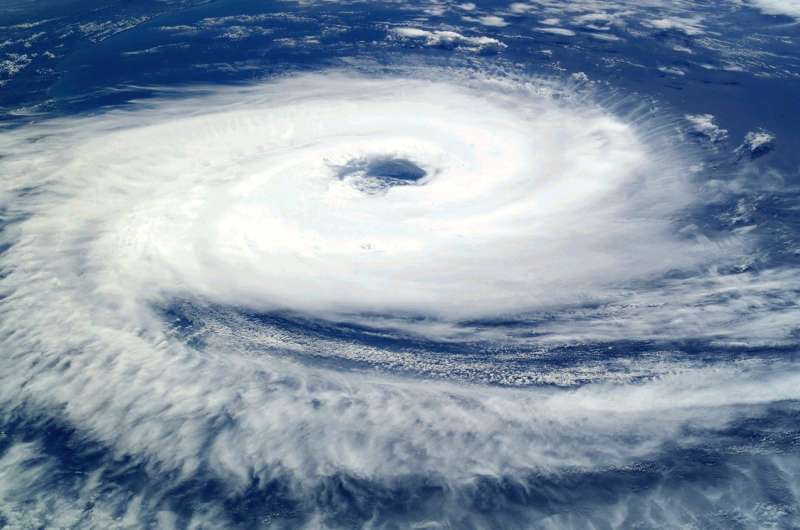Long-Term Health Care Access Shortages Following Climate Disasters: New Research Insights

Climate-related natural disasters have long-term effects on healthcare infrastructure, leading to sustained shortages in vital health services, especially in vulnerable communities. New research highlights the need for improved disaster resilience and public health investments.
Recent research from Drexel University and the University of Maryland highlights a concerning long-term impact of climate-related natural disasters on healthcare systems across the United States. While immediate rescue and recovery efforts tend to attract most attention after events like heat waves, droughts, floods, and wildfires, these disasters also cause significant and often overlooked disruptions in healthcare infrastructure. The study analyzed data from 3,108 U.S. counties over the period from 2000 to 2014, focusing on whether counties maintained, gained, lost, or never had healthcare facilities such as hospitals and outpatient clinics.
The findings demonstrate a clear link between severe climate events and the loss of healthcare services. Disasters categorized as ‘moderate’ or ‘major’—measured by deaths and property damage—were significantly associated with closures of healthcare facilities. Notably, there was no similar association with pharmacies, likely due to the widespread existence of pharmacy deserts and the influence of online pharmacy services. This indicates that vulnerable communities, especially those with high poverty levels and racial segregation, are more susceptible to losing vital health services after disasters.
Senior researcher Yvonne Michael emphasizes that these declines in healthcare resources can persist for years, exacerbating health disparities in already marginalized communities. Conversely, wealthier and less segregated counties tended to retain or regain their healthcare infrastructure more readily.
The implications of this research are critical amid predictions that climate change will accelerate the frequency and severity of natural disasters, potentially causing 14.5 million deaths and $12.5 trillion in economic damages by 2050, including over a trillion dollars in healthcare-related costs. The authors advocate for increased investments in public health infrastructure and disaster preparedness to mitigate these long-term impacts on community health.
Future research is encouraged to explore factors influencing the resilience of healthcare systems, with a focus on policy, funding, and community resilience measures to better protect vulnerable populations during climate crises.
Source: https://medicalxpress.com/news/2025-05-climate-disasters-term-health-access.html
Stay Updated with Mia's Feed
Get the latest health & wellness insights delivered straight to your inbox.
Related Articles
Discovery of Protein Switch for Regulating Viral and Autoimmune Immune Responses Offers Therapeutic Potential
Scientists have uncovered a vital protein switch involving SLIRP that controls immune responses to viruses and autoimmune diseases, highlighting new therapeutic possibilities for immune regulation.
Advances in Amylin Receptor Research Could Lead to Next-Generation Weight Loss Medications
New research on amylin receptors reveals potential pathways for developing next-generation weight loss medications, promising more effective and targeted obesity treatments.
New Research Uncovers Why Salt Water Makes Your Skin Feel Tight at the Beach
Discover the scientific reasons behind the feeling of tight, dry skin after a day at the beach. Salt water increases drying stress on your skin, leading to that unmistakable tight sensation, confirmed by recent research.



